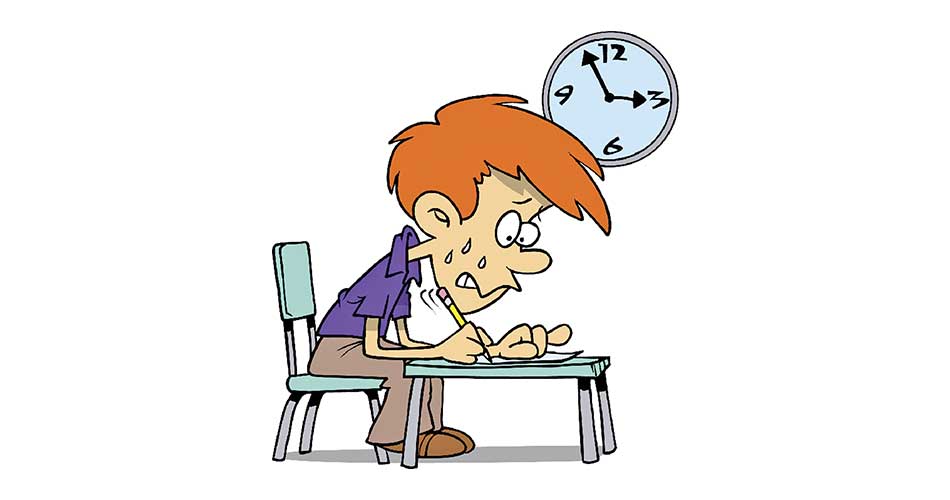Salt therapy – All you need to know
- 24 Feb - 01 Mar, 2024

A strong academic record can open doors for you down the road. More importantly, through the process of becoming a straight – A student, you learn values like hard work, discipline and determination. When a number of different goals are at work simultaneously, an individual’s motivation to pursue some goals may affect both their motivation and ability to pursue others. This is certainly true for university students who often (and not always successfully) struggle to balance different goals, which may be academic, pre-professional (e.g., attending conferences or job fairs), social and physical.
It might sound strange, but studying hard doesn’t automatically mean you’re going to ace your test. You studied hard but you still failed the test? That’s because studying effectively is the real key to a successful grade. And it’s easy to lose track for things if you aren’t super organised.
You are only memorising the material rather than thinking about what it means but that works short-term. Think about how the material you’re reviewing connects to other topics and ideas. This will give you a deeper, more complete understanding of what you’re studying.
You procrastinate studying, not leaving yourself enough time to absorb the material before test day. Try to create a routine that involves reviewing your notes regularly. Each night, take a few minutes to go over your notes from class.
You pull all-night cram sessions instead of studying a little bit each day leading up to the test but sleep is crucial when material is moved from short-term to long-term memory, so getting a good night’s sleep before a test is more effective than staying up all night. Plan ahead and start studying at least three days before your test to avoid last minute late-night studying.
Spending more time studying doesn’t always mean you understand the material any better. Instead of studying in large time blocks, use the spacing study method. This means studying for set amounts of time with time intervals between each session. This will help your brain absorb and retain the material more effectively.
You don’t have a plan to guide you which makes it hard to know what you should focus on while you are studying. Set goals for each of your study sessions of what you want to accomplish. This will help you keep track of your progress and know which areas you still need to review.
Studying is something that you only do when you are preparing for an upcoming test. Take advantage of studying opportunities like in class discussions, peer study groups, and reviewing your notes after class.
You are using a study method that doesn’t match with the way you learn. For example, auditory learners learn best by hearing, not writing notes. Try to find out your learning style with effective study guides as for what type of learner you are.

• Make study guides like you are going to give it to somebody. Keep in mind what would other person need to know? How’s the best way I can tell the other person this info?
• Don’t make flash cards for things you already know just to have a complete set or something. Make them even for subjects you wouldn’t normally think you’d need for them.
• Spend more time on your study tasks each week and you’ll need less time studying later.
• Always listen lectures carefully and participate in class. Teachers will see you putting effort in lessons and will be more open to giving you extra help.
COMMENTS